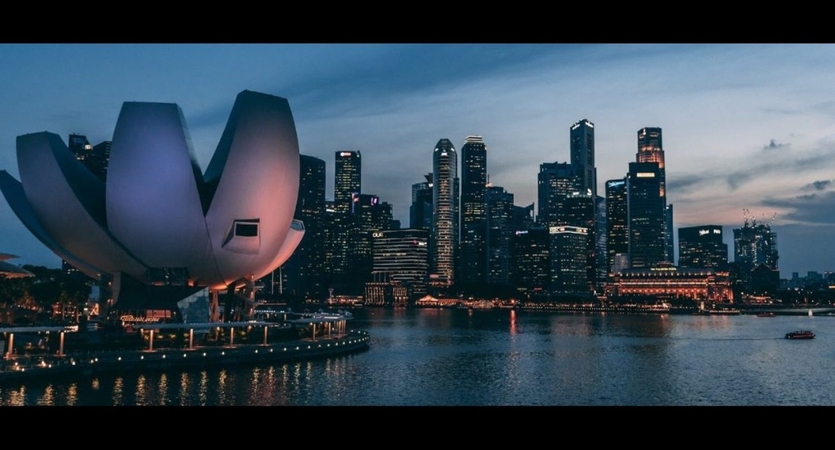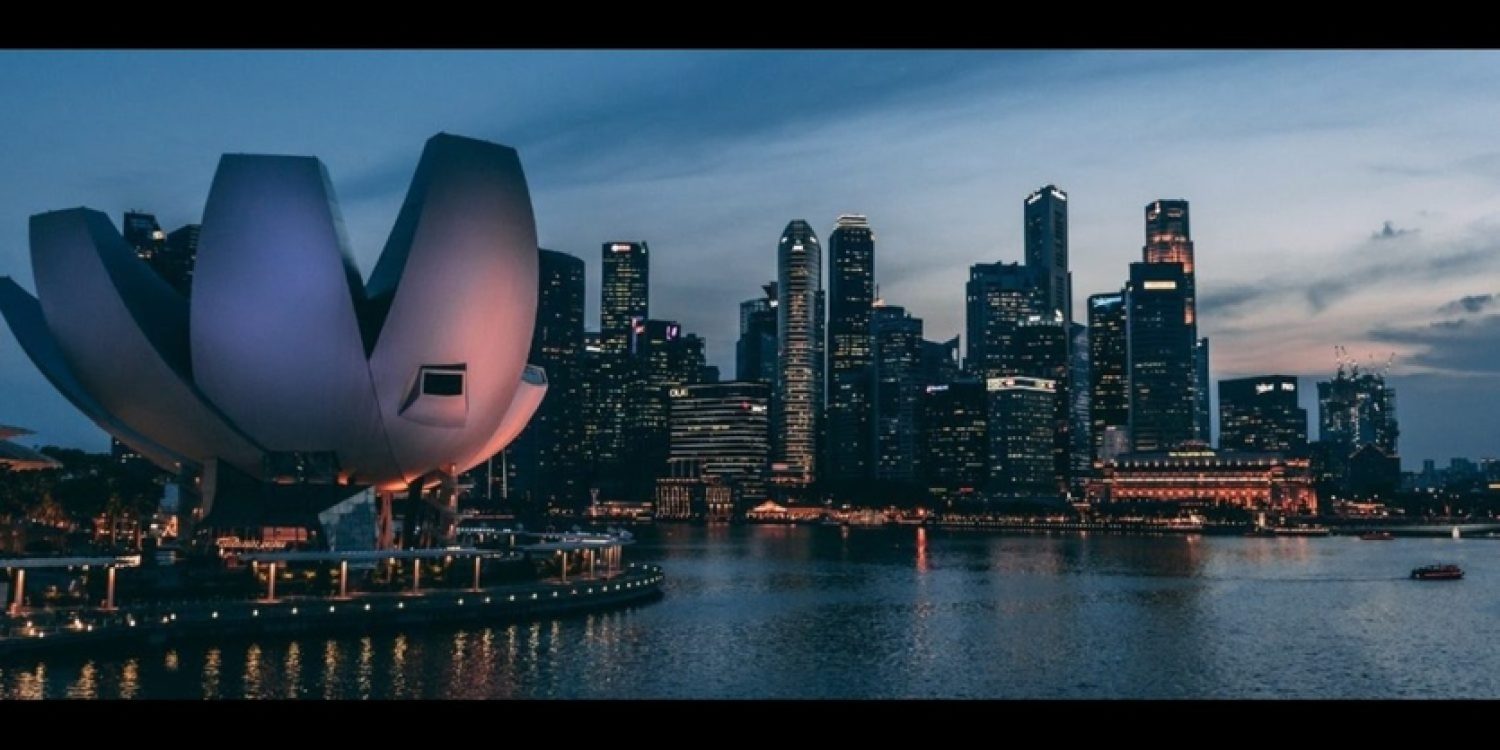Singapore, a dynamic and thriving city-state in Southeast Asia, has long been a magnet for expatriates seeking a high quality of life, robust economy, and a strategic geographical location. For those who wish to establish a more permanent connection with the Lion City, the options of Permanent Residency (PR) and Citizenship stand out as crucial milestones. However, understanding the distinctions, benefits, and implications of each status is paramount for individuals navigating the complex landscape of immigration in Singapore.
The Path to Permanent Residency (PR): A Stepping Stone
For many, obtaining Singapore Permanent Residency is the first step towards a more settled life in the country. PR status is typically granted to individuals who have worked and lived in Singapore on an Employment Pass or S Pass for a certain period. The key advantage of PR is the increased stability it offers, allowing individuals to reside in Singapore without the need for continuous employment. Moreover, PR holders enjoy certain social benefits, such as access to public housing, healthcare, and education, on par with citizens.
The PR application process involves meticulous scrutiny, taking into account factors like employment history, salary, and educational qualifications. Additionally, applicants must demonstrate a commitment to integrating into Singaporean society. Once granted, PR status is usually valid for five years, subject to renewal, and can eventually pave the way for citizenship.
The Pursuit of Citizenship: Commitment and Responsibilities
While PR offers stability and certain privileges, the desire to fully integrate into Singaporean society often leads individuals to pursue citizenship. Singaporean citizenship not only signifies a deeper commitment to the nation but also brings about a more comprehensive set of rights and responsibilities.
Citizens enjoy the right to vote, which is a crucial aspect of active civic participation. They are also eligible for a range of government benefits, including the Central Provident Fund (CPF) scheme and housing subsidies. Moreover, Singaporean citizens are not subject to the PR renewal process, offering a sense of permanence and security.
However, obtaining Singaporean citizenship is a rigorous and selective process. Applicants must meet stringent criteria, including residing in Singapore as a PR for several years, demonstrating proficiency in English or one of the official languages, and displaying a commitment to Singaporean values and way of life. Dual citizenship is generally not allowed, and applicants must renounce their original citizenship upon successfully acquiring Singaporean citizenship.
Navigating the Decision-Making Process
The decision to pursue Singapore PR or citizenship is a deeply personal one, influenced by various factors such as career goals, family considerations, and individual preferences. PR status may be more suitable for those seeking stability while maintaining ties to their home country. On the other hand, citizenship is a commitment to fully embrace the Singaporean way of life and can be seen as a long-term investment in the country’s future.
It is essential for individuals to carefully weigh the pros and cons, considering their own circumstances and aspirations. Seeking professional advice from immigration consultants or legal experts can also provide valuable insights and guidance through the intricate application processes.
Conclusion: A Personal Journey Towards Integration
In the vibrant tapestry of Singapore’s multicultural society, the paths of Permanent Residency and Citizenship represent different facets of integration. Whether one chooses the stability of PR or the fuller commitment of citizenship, each individual’s journey contributes to the rich diversity and success of the Lion City. As Singapore continues to evolve as a global hub, the decisions made by those seeking residency or citizenship play a vital role in shaping the nation’s identity and future.















